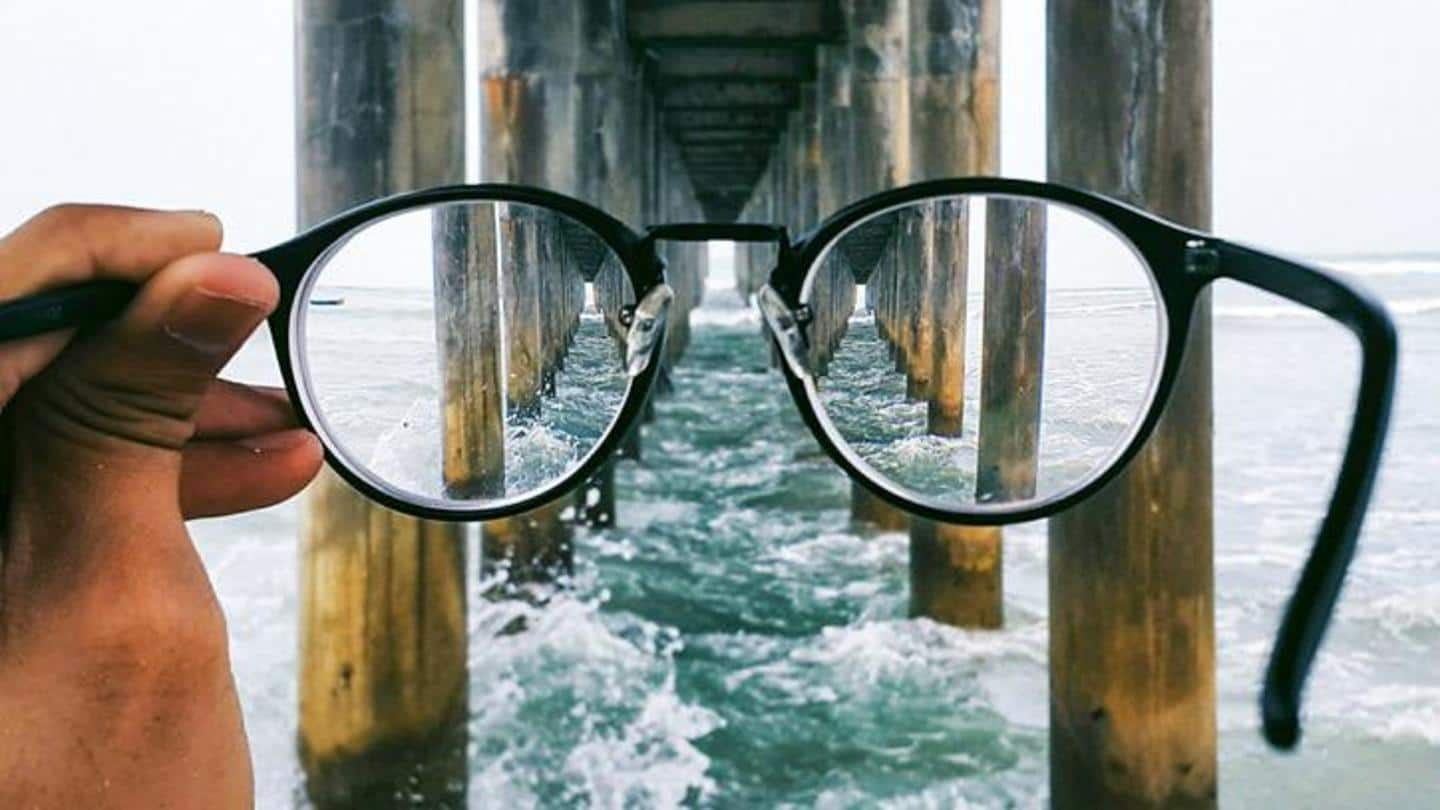
Here's how you should take care of your spectacles, sunglasses
What's the story
Our spectacles and sunglasses are important items that should be taken care of. Most of us are guilty of cleaning our glasses with our clothes, like sarees, shirts, or tissue papers, napkins and handkerchiefs. But experts say that is not how it should be done, as they reduce the lifespan of our specs. Here are a few dos and don'ts of handling your glasses.
Tips
Avoid using normal cleansers, go for a specific one
It's crucial to clean your spectacles thoroughly at least once a day. Do it using a microfiber cloth, under running tap water. This removes dust particles from all over. Avoid using normal cleansers. Chemicals like ammonia might erode the coating of the lenses. Opt for an exclusive glass cleanser. Never clean the glasses dry, and exhaling air on it does more harm than good.
Details
Avoid using hair or body spray while wearing glasses
We often leave our spectacles atop the car's dashboard, but the heat from outside and inside of the vehicle eats up the lens' protective film. Another tip you should follow to ensure your glasses last long is to avoid using hair or body spray while wearing them, as they damage the anti-reflective coating. Also, don't keep your spectacles on sinks, kitchen or oil-surfaced platforms.
Safety
This is how you should store your glasses
While sleeping, you might be keeping your spectacles beside you for easy access, but avoid keeping it unprotected. Keep your glasses inside its box. Always use a hard-shell case when keeping in pant pockets or at least in a soft pouch if it's in the shirt pocket. The frame should be on the surface and lenses upward, if you keep it on a surface.
Caution
Small mistakes that might reduce the lifespan of your glasses
Some people use saliva to clean glasses, but chances of dust accumulation in it is high, hence cleaning might be coarse. Use a cleanser or water, instead. There is also a method to wear your glasses. "Hold them by the bridge so you don't bend the arms," says Steve Arbetman, who owns Flight Sunglasses. Special care should be given to polarized or mirrored lenses.